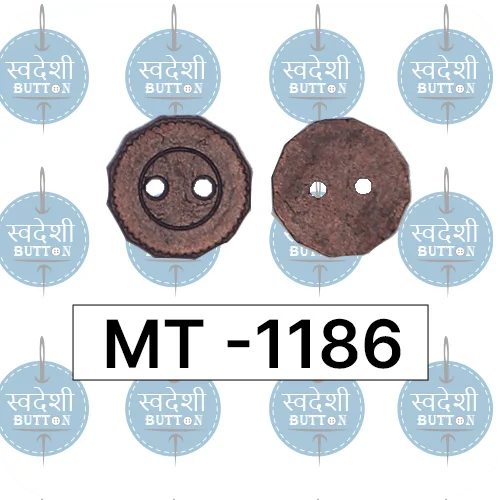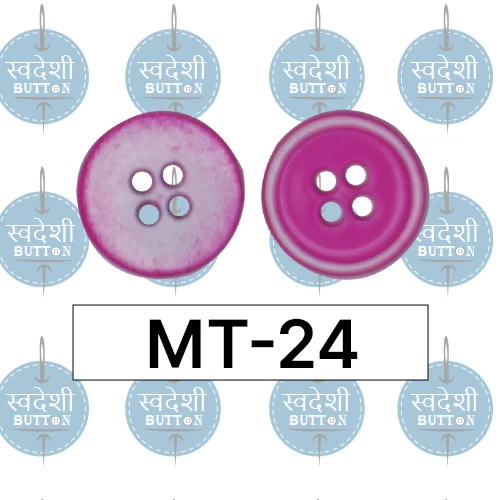
- April 3, 2025
- writebuzzhub
- 0
Starting a business or nonprofit in India requires following specific registration processes based on the type of organization you wish to create. Whether you’re setting up an NGO, Limited Liability Partnership Registration, One Person Company (OPC), or Partnership Firm, each has its own set of requirements. Below is a simplified overview of the registration processes for these business structures in India.
Section 8 Company and NGO Registration Process
A Section 8 company registration is a nonprofit focused on social causes, education, or charity. To register, you need to choose a name for your company and apply for approval from the Ministry of Corporate Affairs (MCA). Once the MCA approves, submit the Memorandum of Association (MOA), Articles of Association (AOA), and digital signatures of proposed directors. After reviewing, the MCA issues a license and Certificate of Incorporation. This process legally recognizes your nonprofit organization. Similarly, NGOs can be registered as Trusts, Societies, or Section 8 Companies. Trust registration requires a Trust Deed, while a Society needs a Memorandum of Association (MOA). Section 8 registration offers benefits like limited liability and a separate legal identity.
Limited Liability Partnership (LLP) and One Person Company (OPC) Registration
A Limited Liability Partnership (LLP) combines the flexibility of a partnership with the protection of limited liability. To register an LLP, choose a unique name, obtain a Digital Signature Certificate (DSC), and a Director Identification Number (DIN) for each partner. Then, file the LLP agreement and other documents with the Registrar of Companies (RoC). Once approved, the RoC will issue a Certificate of Incorporation. An LLP offers flexible management and protects personal assets.
For solo entrepreneurs, One Person Company Registration registration is ideal. It provides limited liability while allowing full control of the business. The registration process is similar to that of a private limited company. Choose a unique name, obtain a DSC and DIN for the director, and submit the documents to the Ministry of Corporate Affairs. After approval, the MCA will issue a Certificate of Incorporation. OPC registration allows independent operation with the benefits of limited liability protection.
Partnership Firm Registration
A Partnership Firm involves two or more people who share profits and responsibilities. Although it’s not mandatory to register a partnership firm, it is recommended for legal protection. To register, draft a partnership deed that defines the partnership’s terms, conditions, and profit-sharing ratio. Submit the deed along with identity and address proofs to the Registrar of Firms. After approval, the partnership firm gains legal recognition, offering protection to all partners and minimizing disputes.
Conclusion
Whether registering a Section 8 Company, an NGO registration process, an LLP, an OPC, or a Partnership Firm, understanding the specific registration processes is crucial for legal recognition. By following the necessary steps and submitting the required documents, you can establish a strong legal foundation for your business or nonprofit. Legal registration ensures compliance and protects the interests of your organization, helping it grow smoothly and operate within the law.













































